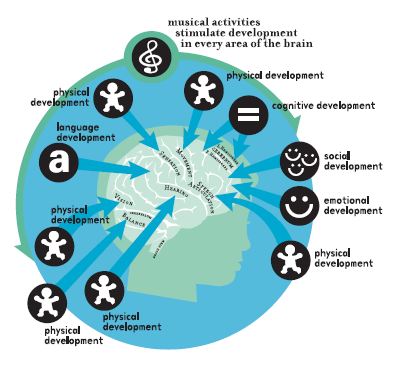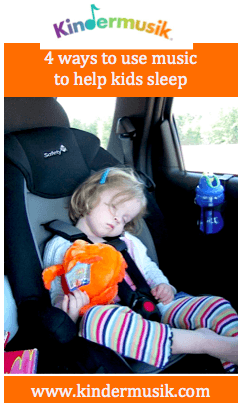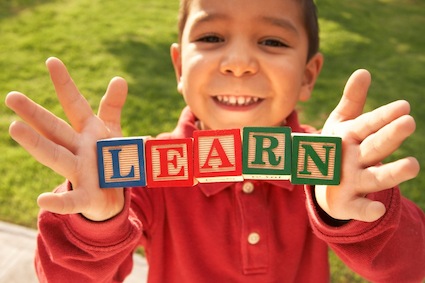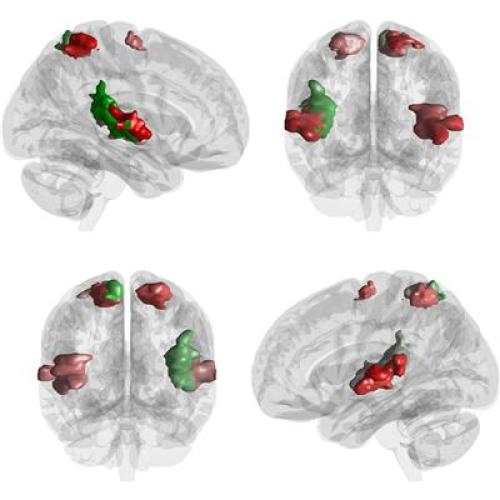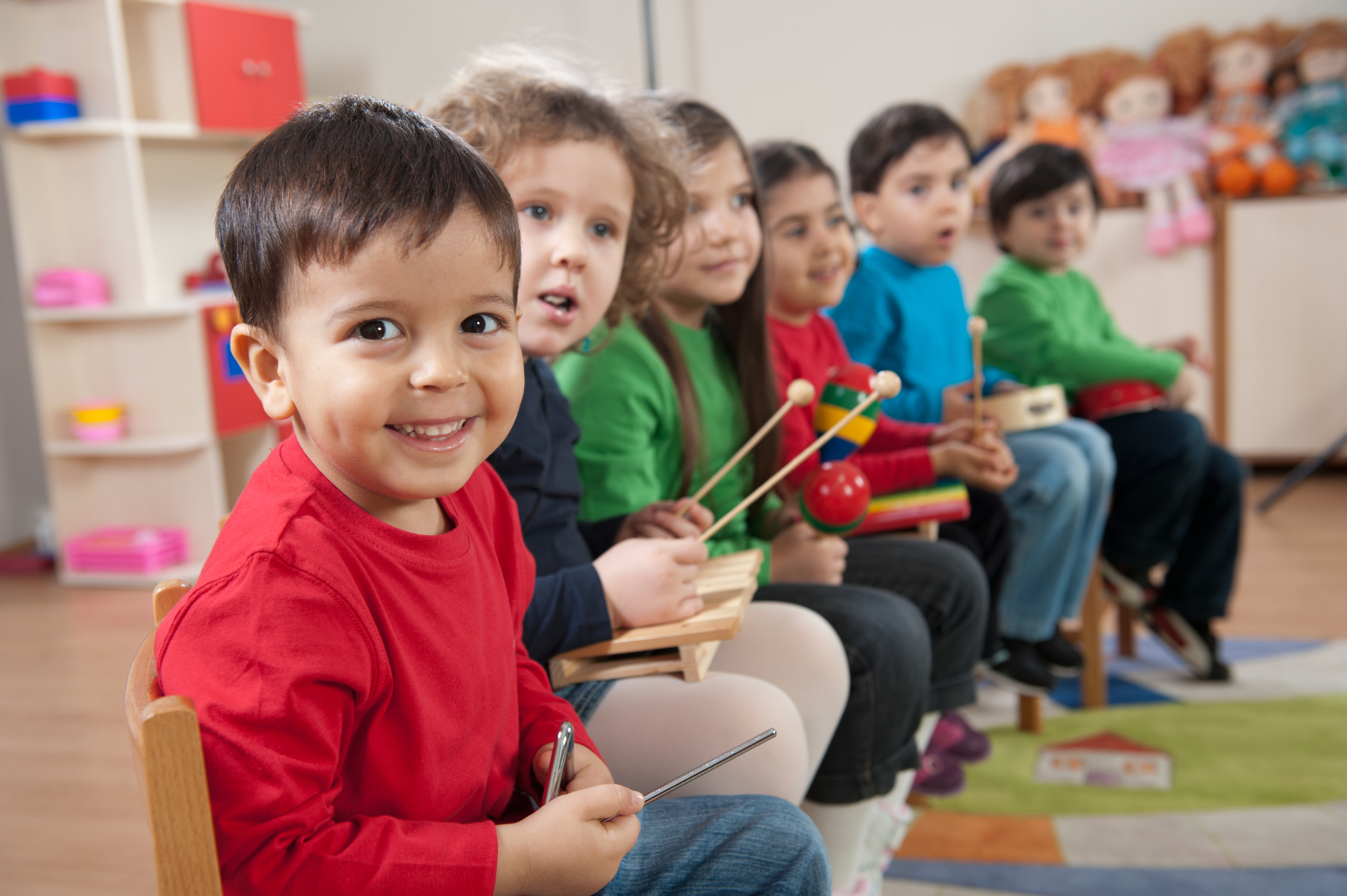
If a smile is worth a thousand words, then the smile on this girl’s face and the other children at her orphanage must certainly be worth an entire library of words. Thanks to a partnership between two organizations—Make A Difference and the British American Pre-school (BAPS) —young children at an orphanage in Kenya will be receiving the benefits of music by participating in ABC English & Me classes.
The project is lead by Debbie Chilver, director of BAPS, and her sister, Mariann Chilver, along with the
support of Debbie’s husband, Luca Paloschi, and the collaboration of many families and children.
“As our association works principally with very young children, the opportunity to introduce the Kindermusik program to them is very exciting and it will be a wonderful opportunity for our Kenyan students,” explains Debbie Chilver.
 At BAPS in Milan, children participate in ABC English & Me and experience the powerful impact of musical learning on language and literacy development, social-emotional skills, and more. “I feel that music is one of the greatest vehicles for teaching. Music is a form of communication that is great for teaching English as a second language,” Chilver explained in a previous blog post.
At BAPS in Milan, children participate in ABC English & Me and experience the powerful impact of musical learning on language and literacy development, social-emotional skills, and more. “I feel that music is one of the greatest vehicles for teaching. Music is a form of communication that is great for teaching English as a second language,” Chilver explained in a previous blog post.
Over 3,000 miles away, young children experience those same benefits of music. While the setting looks different and the backgrounds of the children are different, the smiles are the same.
Take a look at the images and do the impossible: Try not to smile, yourself, when you think about how the music from the Appalachians, played in a Kindermusik class in Kenya, led by the British Director of an Italian school brings music and learning to these children.


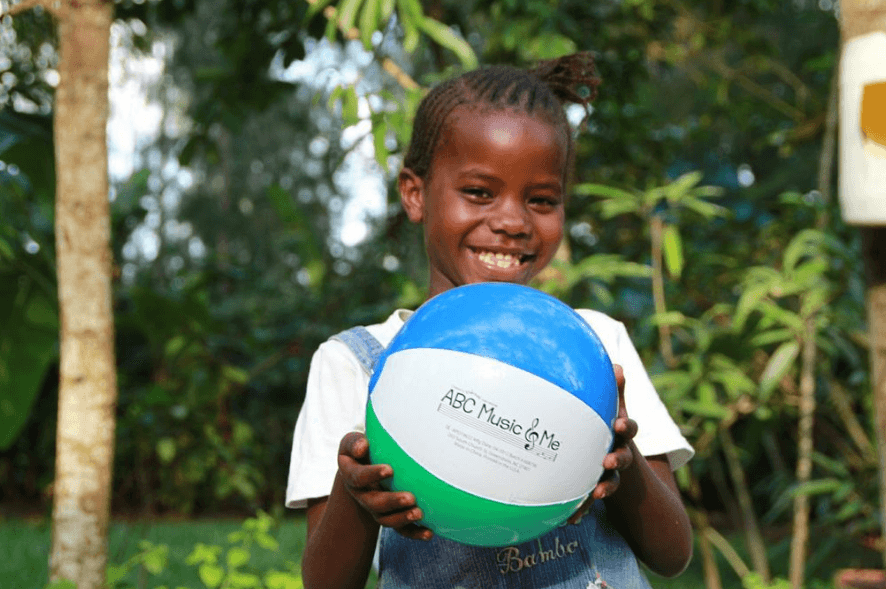
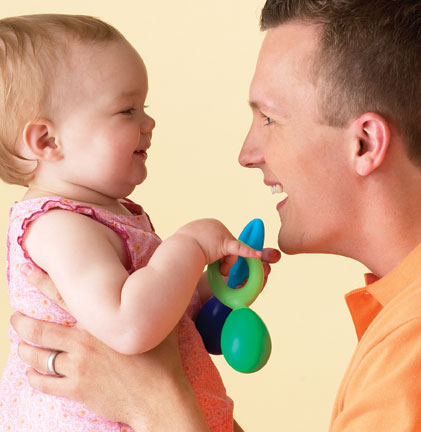
 In Kindermusik, we give you lots of opportunities to babble, bond, and build connections that prompt early communication and enhance language development through songs, rhymes, vocal play, bounces, and more. We help you mix up your language-building parentese with singing, talking, and rhyming, to expose your baby to a variety of sounds that will aid her singing and language development. Language AND music AND learning – just one of the many benefits of early music learning you’ll enjoy in Kindermusik.
In Kindermusik, we give you lots of opportunities to babble, bond, and build connections that prompt early communication and enhance language development through songs, rhymes, vocal play, bounces, and more. We help you mix up your language-building parentese with singing, talking, and rhyming, to expose your baby to a variety of sounds that will aid her singing and language development. Language AND music AND learning – just one of the many benefits of early music learning you’ll enjoy in Kindermusik.



